The Palestinian crisis is now over 100 years old. Inevitably, when the topic comes up, we hear of two names:
- Umar ibn Khattab radhiallahu anhu who first conquered Jerusalem for the Muslims. It then remained in Muslim hands for around 456 years before the Christian crusaders captured it.
- The second name is Salahuddeen Ayyubi rahimahullah who liberated Aqsa after 93 years of Christian control. It then stayed in Muslim control for the next 700 or so years until 1917 when the British invaded. There was a period where it fell into Jordanian control until 1967 when the Zionist forces captured it.
When we speak of western military heroes, you have names like Winston Churchill who is their hero of World War II, but whose human rights track record is pathetic. Unlike him, the Muslim heroes were an embodiment of upright character. Umar radhiallahu anhu would walk the streets of Madinah Munawwarah at night to assess the needs of the citizens. Likewise, Salahuddeen’s character and piety made him stand out, especially at the time he was living.
To give some background and context, take a look at his belligerents:
The Pope
The pope ordered the crusade against the Holy Lands despite the fact that there was relative calm and freedom in Palestine. Peaceful co-existence was the order of the day. To understand the evil that is the papacy, one needs to read the history of the popes. After 2,000 years as head of the Catholic Church, one would have expected to see some sense of moral values and ethics.
- In the early 10th century, the mistresses of the popes were calling the shots.
- In 974, Pope Boniface VII robbed the Vatican Basilica and fled.
- Pope Stephen VII exhumed the body of Pope Formosus in the 9th century, put it on trial, had some fingers chopped off and the body dragged in the street.
- Pope Sergius III had two other popes murdered.
Popes like Urban II who called for the crusades claimed Christ was commanding it through them and promised through the supposed power of God vested in them that if any crusader died his sins would be forgiven. Thomas Fuller gives a glimpse into the real reasons: in the clash between the two centres of Christianity, Rome and Constantinople, the Vatican wanted to subjugate the Eastern Church in Constantinople.
The Knights
The fighters who took part in the crusades were supposed to have been pious warriors. When they conquered Jerusalem from the Fatimid Shia rulers in 1099, they slaughtered 70,000 hapless civilians even in the precincts of Aqsa.
- King Richard, of whom the British seem inordinately proud, beheaded more than 3,000 Muslim captives in view of Salahuddeen’s forces at the Massacre of Ayyadieh. These included women and children.
- The crusaders also looked for targets among Europeans who they accused of paganism and witchcraft such as the Cathars and in the sack of Constantinople in 1204. The popes spoke not a word of censure against any of these atrocities and we have yet to hear of an apology.
- The Templar Knights were a blueprint for the worst excesses of colonialism, amassing wealth and power not only outwardly but also behind the scenes through plans and plots. When King Philip IV of France brought them down in 1307, the charges against them included homosexuality and financial corruption. Have they actually been destroyed, or does the fact that the Free Masons have much of these medieval knights’ symbols and traditions show otherwise?
The Shia
The Fatimid Shias were in control of Egypt at the time of Salahuddeen and continuously waged war against the Sunni Seljuks who fought on behalf of the Abbasid Khilafah. The Shia state refused to acknowledge the Sunni Khalifah. This is much like how the British could invade in 1917 once the Ottoman Khilafah had been brought down. The Fatimids had long had an alliance with the Byzantine Christians against the Sunni Abbasids. Ibn al Athir recounts how the Fatimids invited the Christians to invade Syria to create a buffer zone against the Sunnis.
In August 1098 Jerusalem fell to the Fatimid Shias and barely a year later the crusaders were in Jerusalem. The miscalculation of the Fatimids was to think that their Byzantine allies would come to their help, little realising that the crusading forces of the pope were a different kettle of fish.
The Arabs
The Arabs of Salahuddeen’s time were disunited. The mighty Seljuk Sultanate was fragmented into small states each ruled by separate leader.
This scene can be transplanted to what we have today – the occupation by the Zionists, fragmented Arab governments with the Shia state of Iran thrown into the equation and its conflicts with the Sunnis on various fronts.
Salahuddeen comes onto this scene. He signs up under Nuruddeen Zangi, the successor to Imaduddeen who took Edessa from the crusaders. Salahuddeen’s uncle, Asaduddeen Shirkuh was Nuruddeen’s bravest general. He was chosen as the vizier of the Fatimid rulers after assisting them in their battles against the crusaders. Salahuddeen succeeds him in this position and seizes the opportunity to neutralize the Shia threat by overthrowing the Fatimids in 1171.
So, this was the man. If it had to be only down to political strategy and military prowess, it would have seemed to be enough to liberate the land. But Aqsa required a personality with a spiritual connection to Allah Ta’ala.
The Legacy
His biographer was Qadhi Bahauddeen Ibn Shaddad, who chronicled his remarkable qualities:
- He noted that Salahuddeen was extremely punctual with his Salaah. He never missed praying it in congregation, and when he ill he got an Imam to lead him. He would force himself to stand and pray.
- He was punctual with the optional night prayers of Tahajjud and would encourage his soldiers to pray it as well.
- He was generous and spent all his wealth on the military struggle to liberate Palestine.
- He did not meet the obligation of having to pay Zakaat due to hardly having any personal wealth. When he died, he only left behind 40 silver coins, one gold coin, his horse and armour and weapons. He had no property, land or house.
- He had a remarkable quality of mercy, forgiving the crusaders when he liberated Jerusalem. He was the epitome of chivalry.
- He was brave, riding between the army ranks while the battle raged.
- He loved to listen to the Noble Quran and in his final illness, verses would be recited near him. He read the Shahada and left this world.
He was buried with his sword so that, on the Day of Judgment, the whole of humanity will be able to see the liberator of Aqsa. And what a sword! Damascus steel was legendary. Tough and resistant to shattering while being capable of having a sharp edge. The art has been lost, and tests of samples have unearthed carbon nanotubes in the composition.
We see a remarkable set of circumstances combining to fall in the favour of Salahuddeen liberating Aqsa. In actual fact this is the divine assistance of Allah Ta’ala when you make up your mind to do something for His sake. The window period was opportune and Salahuddeen took the offer.
We cannot keep living off the glow of his legacy. We all have the capacity to be the next Salahuddeen. Abu Hassan Nadwi rahimahullah said that the secret of his success was that he knew nothing but the language of the Noble Quran, the language of faith, the language of Paradise. We all have the capacity to emulate that.

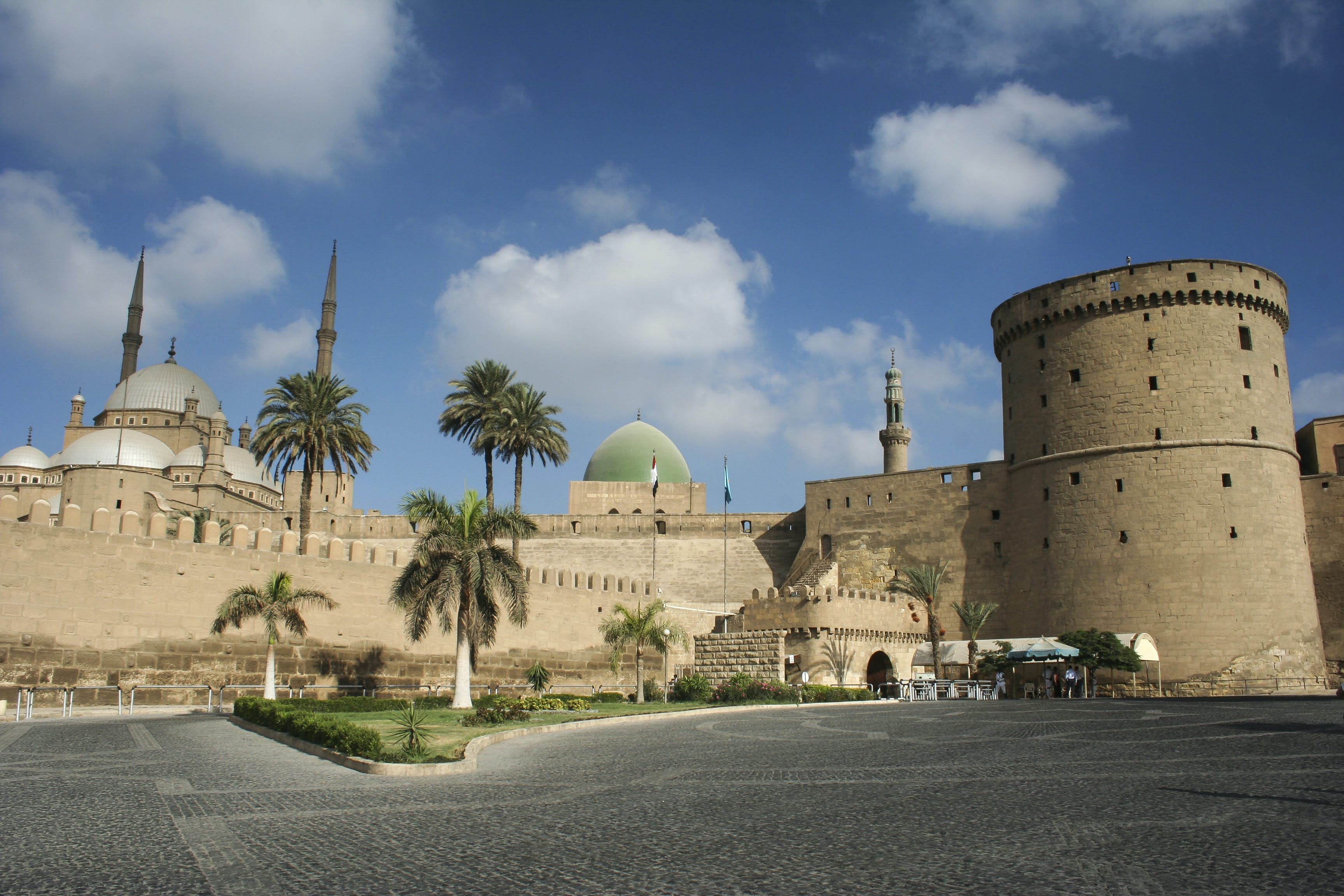
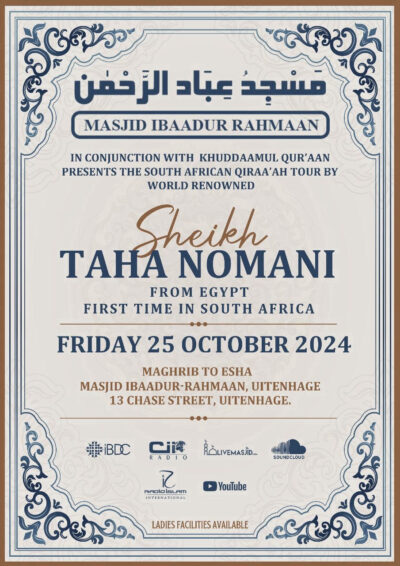



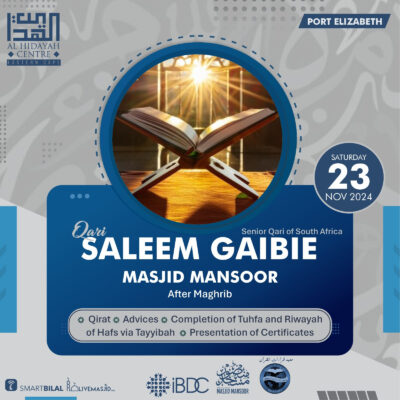
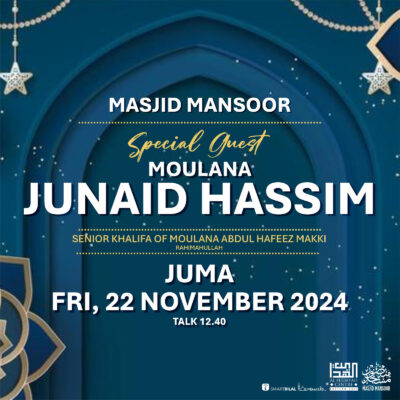
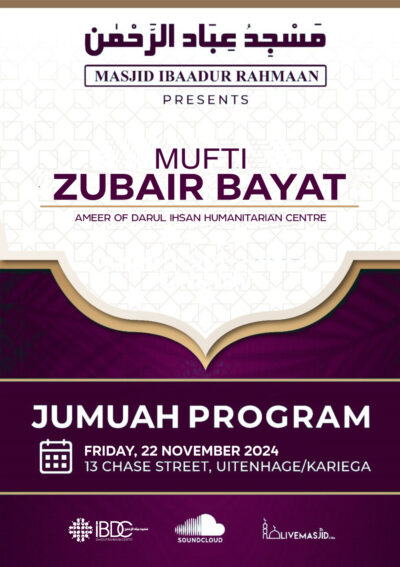
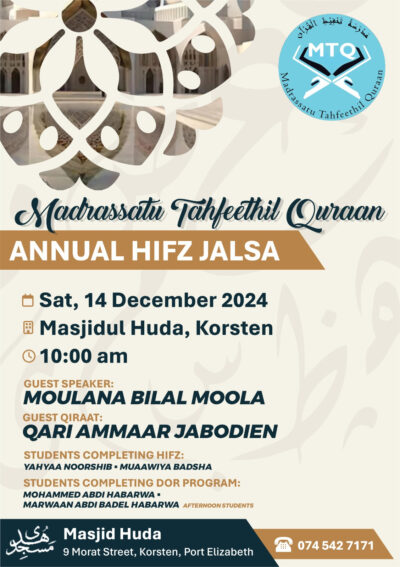



COMMENTS